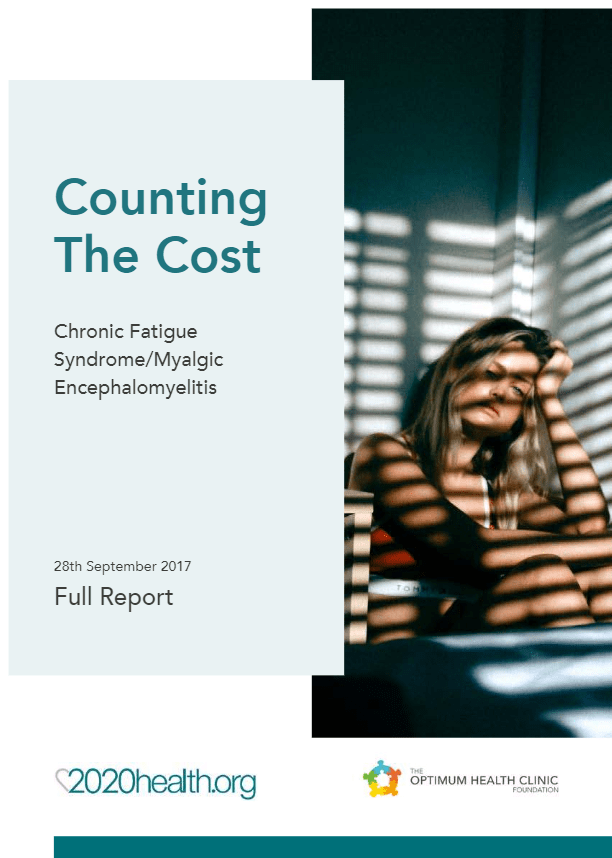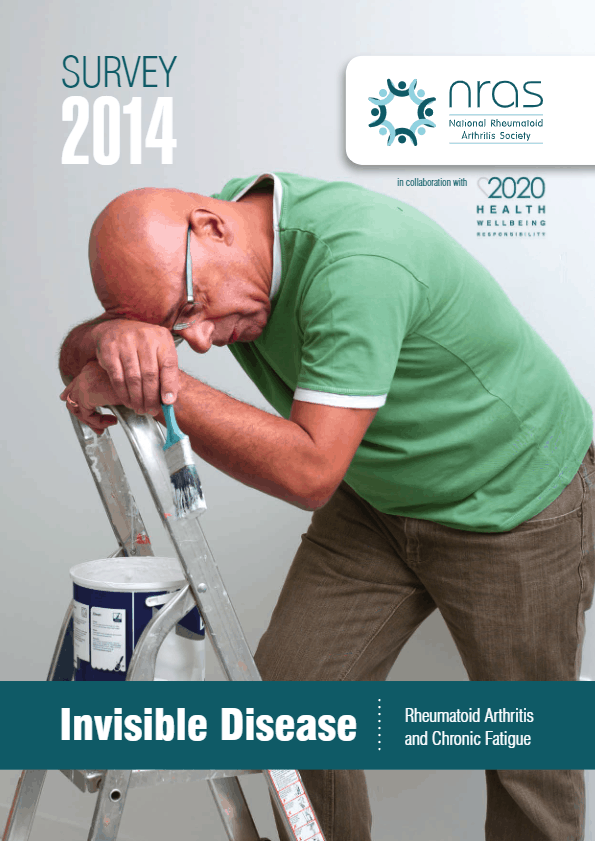Will COVID-19 lead to a rise in CFS/ME cases?
Launched this week, NHS England’s ‘ground-breaking’ online COVID-19 rehab service could be critical to averting a rise in ME/CFS cases.
11 July 2020
Data from the COVID Symptom Study suggest that while most people recover from COVID-19 within two weeks, one in ten people may still have symptoms after three weeks, and some may suffer for months. Reports submitted to the ME Association (MEA) likewise suggest that a significant number of previously healthy people who have had (or probably had) coronavirus infection have not returned to their normal health and energy levels in the weeks and months following the onset of symptoms.
A very wide range of people may experience ongoing health problems following Covid 19. According to the Chartered Society of Physiotherapy, this includes people left with prolonged fatigue, scarring on their lungs, significant muscle deconditioning and loss of strength; also anxiety and depression, or psychological trauma; and of course people with pre-existing long term conditions, who may be more severely affected and whose rehabilitation needs will be more complex.[1]
Researchers don’t yet know how long someone can experience ongoing Covid 19 infection (and remain infectious). Symptoms may be the result of an ongoing infection or some kind of damage that persists after their immune system has cleared the virus, according to the Covid Symptom Study.
If people experience continuing fatigue, a diagnosis of post viral fatigue syndrome (PVFS), or myalgic encephalomyelitis (ME) or chronic fatigue syndrome (CFS) – where symptoms last six months or more – may be appropriate.
Research after all suggests plausible links between viral infection and ME/CFS. This is not to imply chronic viral infection, but rather initial viral infection potentially acting as a trigger of ME/CFS and causing immune abnormalities. If the scenario plays out in the case of Covid 19, we may see a spike in cases of ME/CFS, with implications not just for months but years ahead.
Diagnosing PVFS or ME/CFS following coronavirus infection may not be straightforward. ME/CFS is characterised not just by post-exertional malaise and cognitive difficulties, but also the kind of flu-like symptoms that characterise Covid 19, such as sore throat, cough, headache, diarrhoea, sickness, and muscle and body aches.
According to the ME Association (MEA), patient evidence indicates that good initial management of post-infection fatigue lessens the chances of this turning into an ME/CFS-like illness.
The announcement this week by NHS England of a ‘ground breaking’ online COVID-19 rehab service is therefore welcome news. Whether it will be actually ‘ground-breaking’ is another matter, bearing in mind problems that beset the UK’s ‘world-class’ NHS coronavirus tracing app, which are still very fresh in the public’s mind.
This new rehab service, however, follows a telehealth model that is largely tried and tested. Launching later this month, it will be available to patients who have been in hospital or suffered at home with the virus, and will provide face-to-face consultation with a local rehabilitation team, typically comprising physiotherapists, nurses and mental health specialists.
According to NHS England’s announcement, the on-demand service will include:
- Access to a local clinical team including nurses and physiotherapists who can respond either online or over the phone to any enquiries from patients;
- An online peer-support community for survivors – particularly helpful for those who may be recovering at home alone;
- Exercise tutorials that people can do from home to help them regain muscle strength and lung function in particular; and
- Mental health support, which may include a psychologist within the online hub or referral into NHS mental health services along with information on what to expect post-COVID.
A second phase of the service will enable people to access personalised support packages. This is in development by experts based in Leicester and will be made available later in the summer.
Unanswered questions
Alerting people to this service will be of course critical to its success, especially as measured by far reaching, equitable access. The detail on how the NHS will notify and signpost people is not clear.
Will hospital records and the NHS Test and Trace database be used to alert those already known to services via text or email?
And how does the NHS plan to reach untested individuals who may have had coronavirus and are experiencing ongoing health problems? There is also the matter of reaching people who do not have capacity to respond to notifications.
It will be essential that this service has wide availability of specialists in post-viral fatigue to guide patients in the careful management of symptoms and avoidance of exacerbations. Such specialists may be critical to limiting patients’ possible escalation to full-blown ME/CFS.
The pressure on Covid 19 survivors with ongoing health problems to return to work may be significant, so it is also vital that individuals have simple access to ‘fit notes’.
Is an NHS 111 online service for fit notes in preparation, and if so, when is it due to launch?
The UK government needs to make very clear to employers the seriousness of post-viral fatigue. Employers need to be patient with, and supportive of, the rehabilitation process. Returning to work – even working from home – before sufficient recovery may result in symptom exacerbations and worsening of both physical and mental health.
A gradual return to work with regular review of symptoms and progress would be advisable to establish a safe baseline of physical and mental activity that does not exacerbate symptoms.
How is the government reaching employers (especially SMEs) with information and advice on supporting Covid 19 rehabilitation?
We look forward to answers to these questions. Meanwhile, the following resources on post-viral fatigue management have been made available for clinicians, patients and carers:
British Association for CFS/ME (BACME)
Post-Viral Fatigue: A Guide to Management
Royal College of Occupational Therapists
‘Practical advice for people who have been treated in hospital’
‘Practical advice for people who have recovered at home’
‘Practical advice for people during and after having COVID-19’
The ME Association
PVF and PVFS Following Coronavirus Infection
Some NHS information for patient and carers has been published regionally, for example see here.
Blog update: NHS ‘YOUR COVID RECOVERY’ IS NOW LIVE. See here.
[1] Chartered Society of Physiotherapy (CSP), 2020. Rehabilitation during and after the Covid-19 pandemic. A CSP Policy Statement


